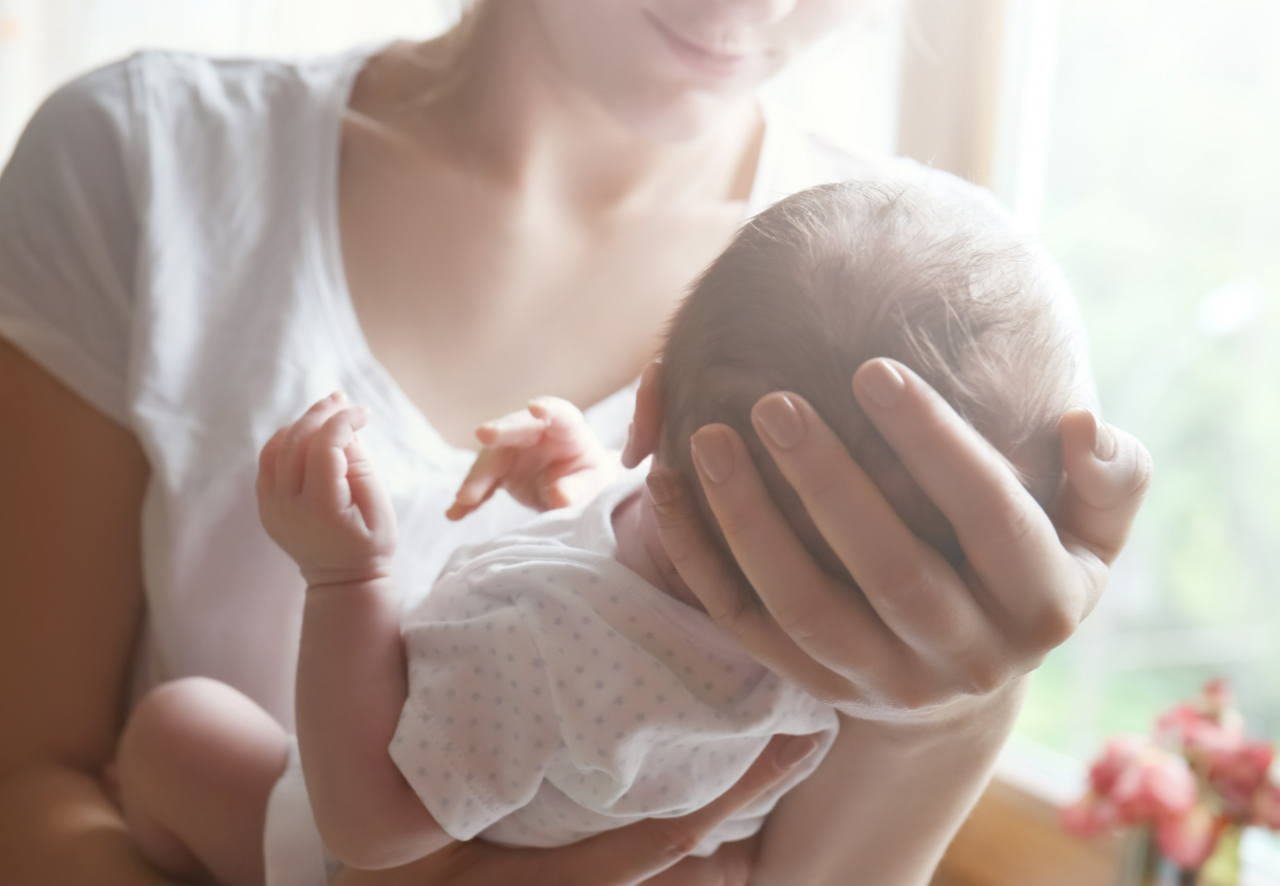Yoon eyes foreign students, spouses as domestic helpers
By Son Ji-hyoungPublished : April 4, 2024 - 18:08

President Yoon Suk Yeol ordered South Korean government ministries to explore ways to help South Korean families hire foreign students and marriage migrants as domestic helpers, doubling down on a troubled program designed to address the country's low fertility rate.
Conservatives such as Yoon and Seoul Mayor Oh Se-hoon have proposed hiring foreign nannies at below minimum wage for some time, but faced difficulties in putting the plan into action.
Presiding over a meeting at his office to discuss follow-up measures to 24 "policy debates" held this year, Yoon ordered the Justice Ministry and the Labor Ministry to work out how to ensure hiring foreign citizens could be a cost-effective option for families.
"In reality, Korean housekeepers and caregivers' wage level is hardly bearable from the double-income households' standpoint," Yoon said during the meeting.
According to Yoon, some 163,000 international students here and 39,000 foreigners who are married to South Korean citizens will be "granted permission" to work in the field of housekeeping and child-rearing.
It is unclear where Yoon‘s numbers come from. Immigration Service data for December shows the number of foreign spouses at 172,899 while 228,740 people were in South Korea on student visas. The presidential office did not respond to requests for clarification as of press time.
Spouses can also already work without restriction.
Foreign students, either a D-2 visa holder or a D-4 holder, may get part-time jobs, though their options are largely limited to hourly, unskilled work.
"Foreign students and foreign-born spouses of South Korean citizens boast proficiency in Korean language, and they are accustomed to living in Korea, so I believe they are highly (capable of) housekeeping and child care," Yoon said.
Last year, the capital city of Seoul announced plans for a pilot project to hire 100 Philippine nationals as domestic helpers in the city. They are to be given E-9 visas, used to make up for labor shortages in the fields of manufacturing, construction and farming, among others.
But a report from the Bank of Korea in March pointed out that it would be difficult to pay them less than the minimum wage, something both the government and Seoul City had proposed.
It said the most viable way of hiring domestic workers below the statutory minimum was to have a separate standard for the domestic sector overall, or for hiring to take place through private contracts not subject to the Labor Standards Act, which applies to E-9 visas.
"Individual households will hire (them as housekeepers), meaning they will not be subject to the minimum wage system. Also, a flexible (job) market will be created depending on the level of supply and demand," Yoon said.
When the BOK made its proposals in March on how to pay domestic workers less than minimum wage, it sparked outrage. A coalition of civic rights groups, the Citizens‘ Solidarity for Securing the Publicness of Care and Realizing the Right to Care, called the proposal "discriminatory and anti-human rights ideas."
Udaya Rai, head of the Migrants’ Trade Union in Korea, said the central bank was "attempting to sacrifice and discriminate against migrant care workers in the name of national interests.”
Yoon did not explain why a foreign worker would work for less than the minimum wage when the market rate for such work was significantly higher, especially if they had children and would therefore have to pay for childcare.
South Korea is suffering a population crisis as the population is aging and fewer people are giving birth. South Korea's fertility rate came to 0.72 in 2023, becoming the only country to have had its birth rate below 1 among the members of the Organization for Economic Cooperation and Development.
Yoon also suggested plans to offer more incentives to the newlyweds who have a baby.
Yoon said more newlyweds would be eligible for a special mortgage with an interest rate of less than 2 percent if they had a newborn baby. A household with an annual income level of 200 million won ($148,450) or less a year would be eligible for the special financial product, as the current maximum threshold stands at 130 million won, Yoon said.



















![[Today’s K-pop] Treasure to publish magazine for debut anniversary](http://res.heraldm.com/phpwas/restmb_idxmake.php?idx=642&simg=/content/image/2024/07/26/20240726050551_0.jpg&u=)